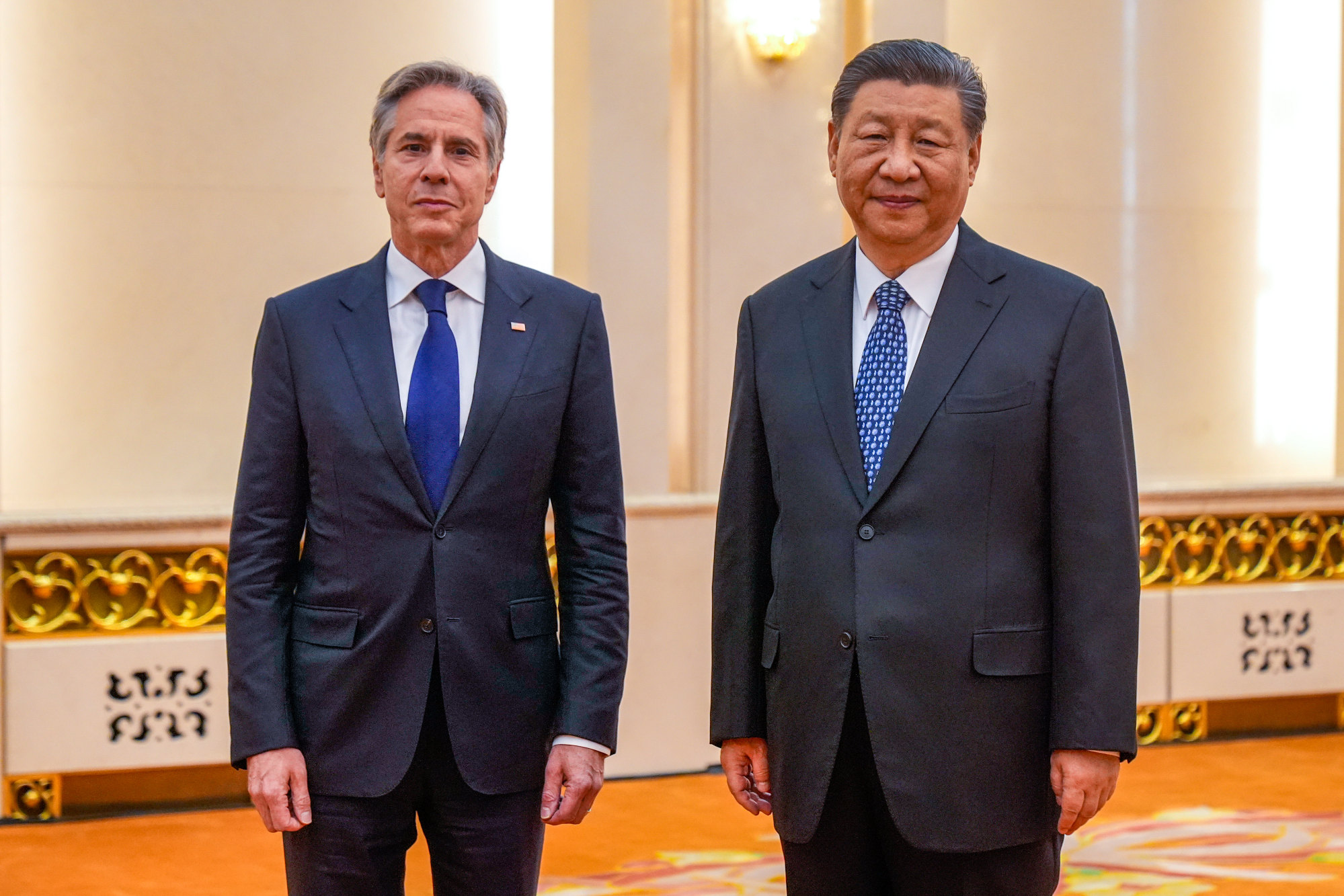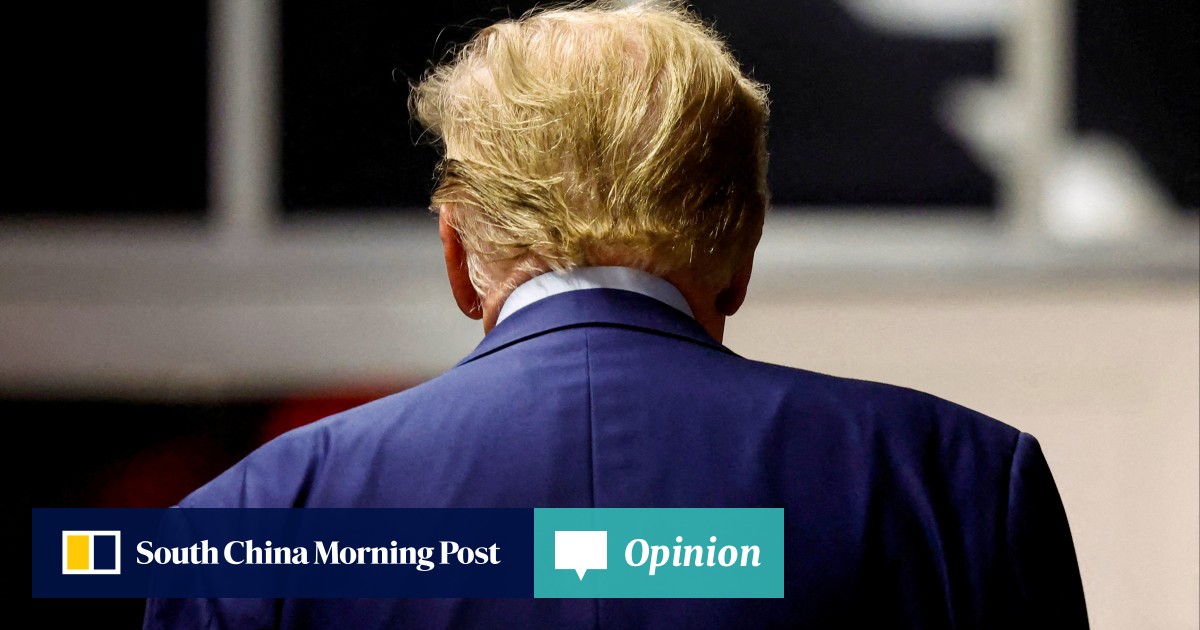He admitted that “the China-US relationship cannot go back to its past” after the cold war-style confrontation that had ensued since Trump’s first term began in 2017.
Why China and the US are denying their feud has become a new cold war
Why China and the US are denying their feud has become a new cold war
“But it should, and can fully, have a bright future,” he claimed, while reiterating Xi’s call for “mutual respect, peaceful coexistence and win-win cooperation” during a summit with US President Joe Biden in San Francisco six months ago.
“The people of the world have clear eyes, and even more so for the Middle East people that can see easily who is on the right side of history and justice,” he said.
While Wang’s remarks were largely in line with China’s messaging in recent months amid a rancorous narrative war with the US-led West, Beijing appeared largely unfazed by the looming spectre of another disruptive Trump’s presidency.

In fact, a return to power for Trump could be an opportunity for Beijing, which was widely believed to have favoured a second term for the former president in the 2020 elections.
Many believe that if he won in November, Trump would likely carry on where he left off four years ago, undermining US alliances, weakening its global position and accelerating Washington’s relative decline – exactly what Beijing, Moscow and their autocratic friends hope for.
Some observers have suggested that Beijing may be looking at playing the long game with Washington, assuming a Trump election victory over Biden would see the US dial back support for Taiwan.
Regardless of who wins, US-China ties – at their worst decades – are unlikely to improve or see a reset, with both sides preparing for worst-case scenarios, including armed confrontation.
Beijing appears to have few doubts about this changing reality: the priority for continued engagements is to prevent a hot war rather than fixing the unfixable.
In his meeting with Blinken, Xi also offered clues about how he envisions the future of US-China ties beyond the American presidential election in November.
US cannot ‘say one thing and do another’, Chinese leader tells Blinken
US cannot ‘say one thing and do another’, Chinese leader tells Blinken
“China is willing to cooperate, but cooperation should be a two-way street. China is not afraid of competition, but competition should be about progressing together instead of playing a zero-sum game,” he said. “China is committed to non-alliance, and the US should not create small blocs. While each side can have its friends and partners, it should not target, oppose or harm the other.”
While the China question once again becomes a top issue in this year’s presidential campaign, critics have ramped up their disapproval of Biden’s approach to re-engage with China.
In response, Blinken vowed to take strong action if China failed to heed US warnings about Beijing’s alleged support for Moscow’s war in Ukraine.
“I made clear that if China does not address this problem, we will,” Blinken told reporters after meeting Xi.

